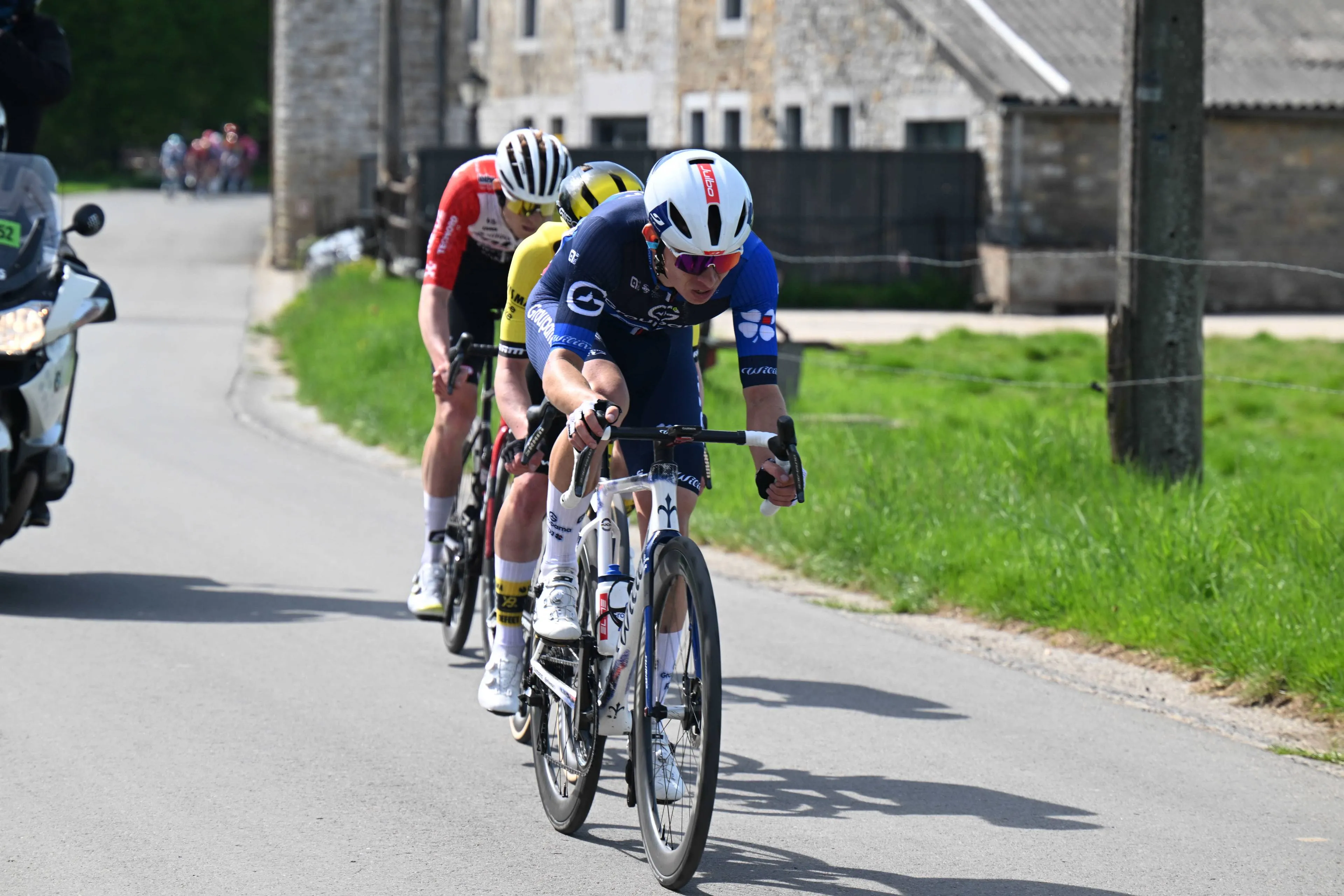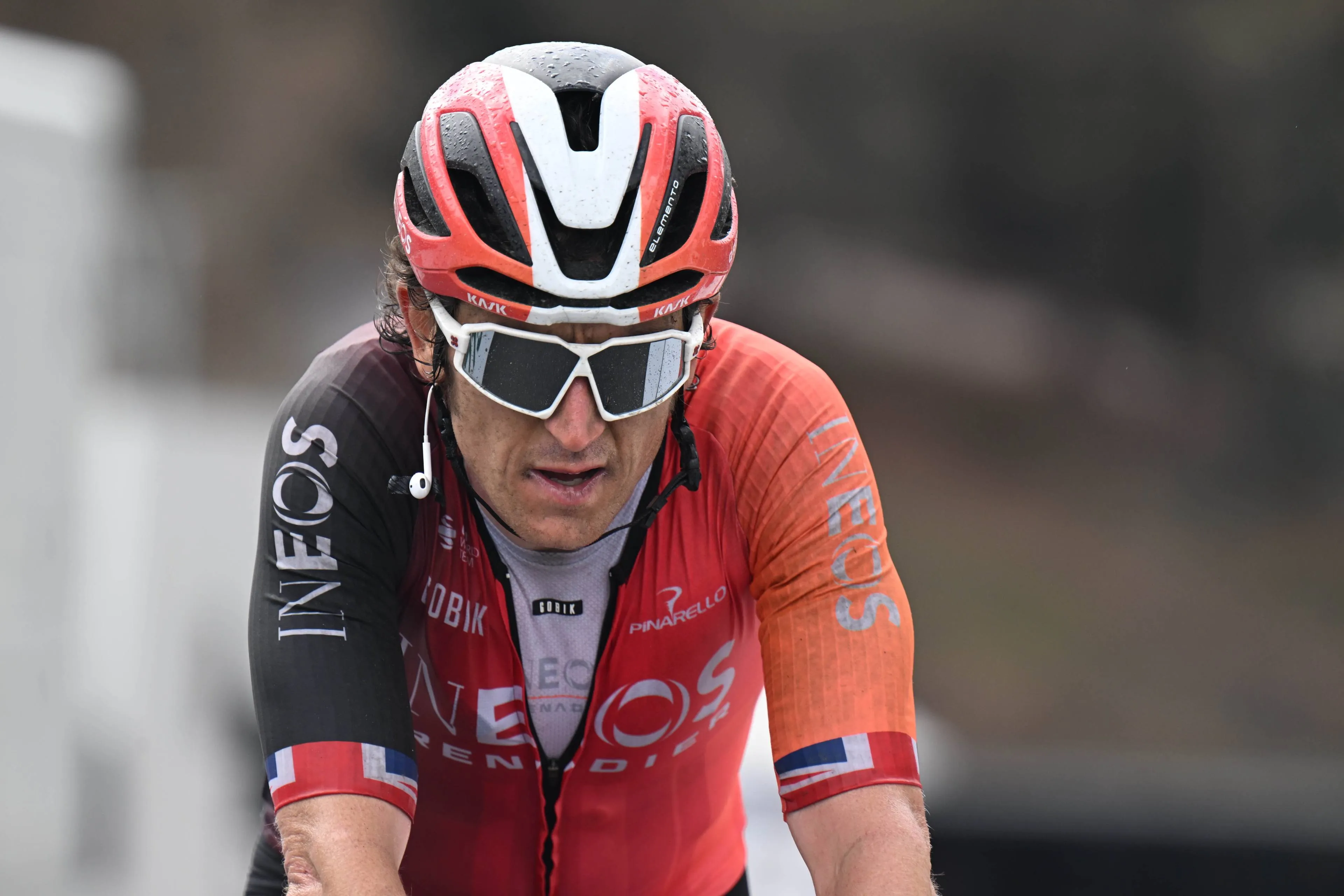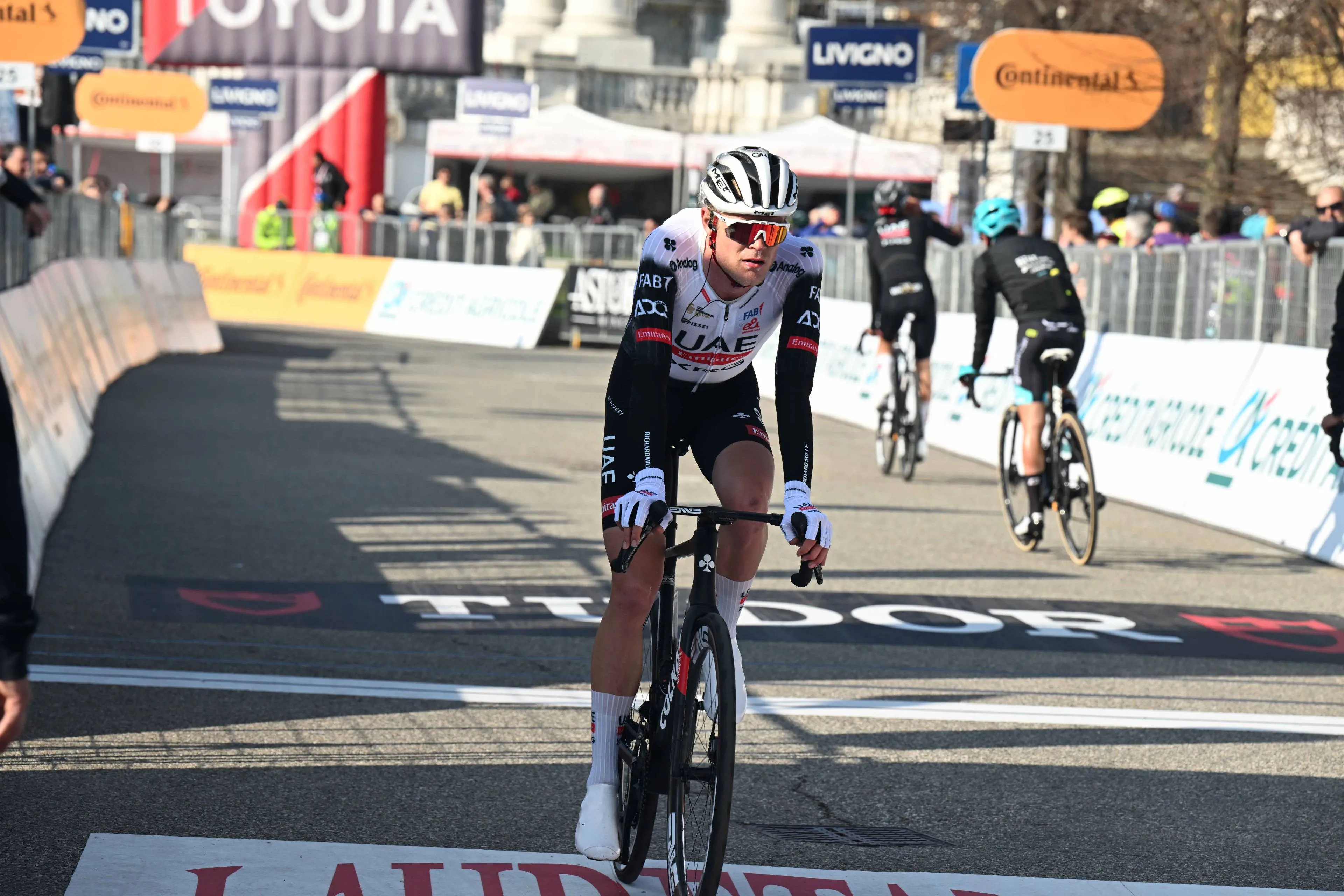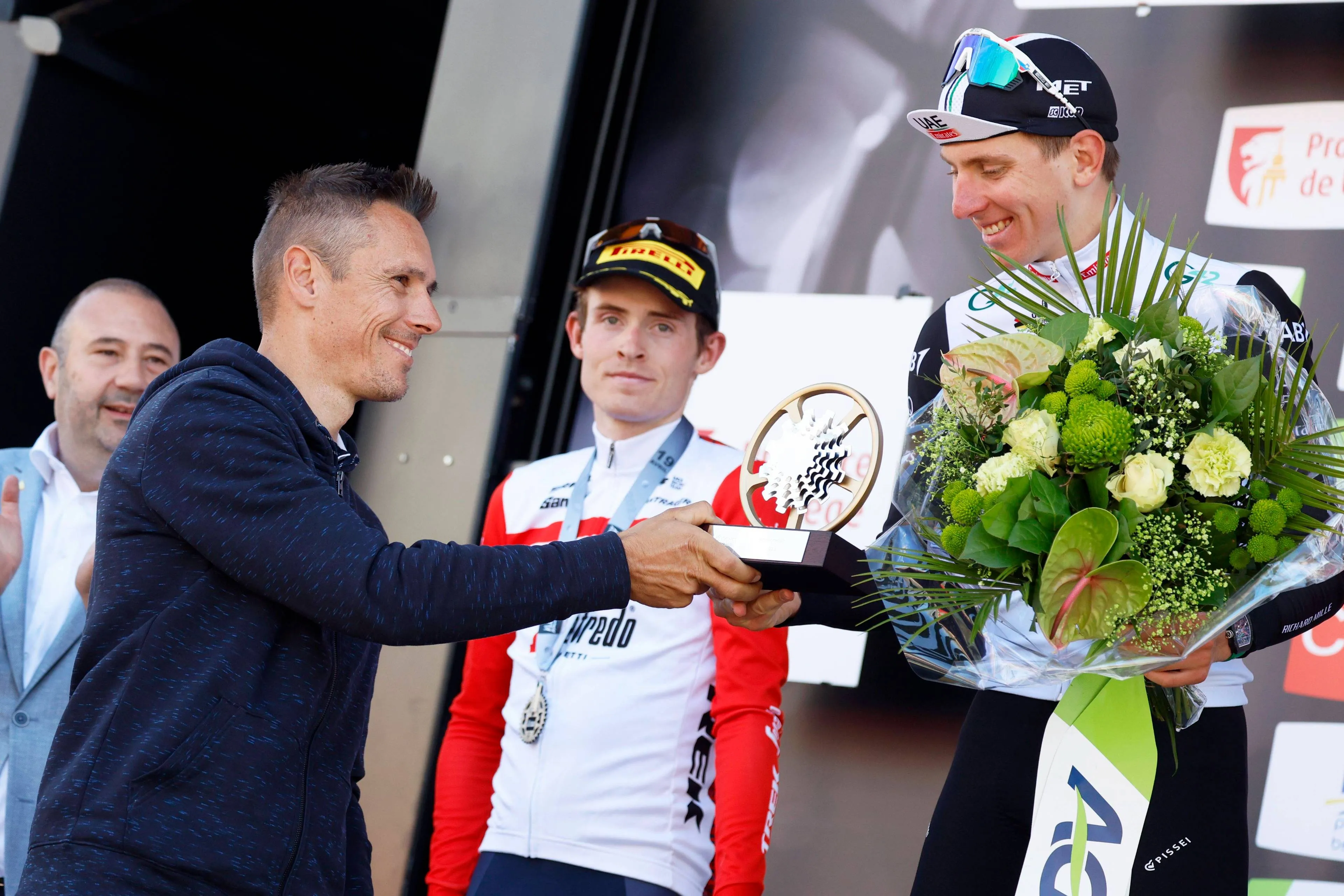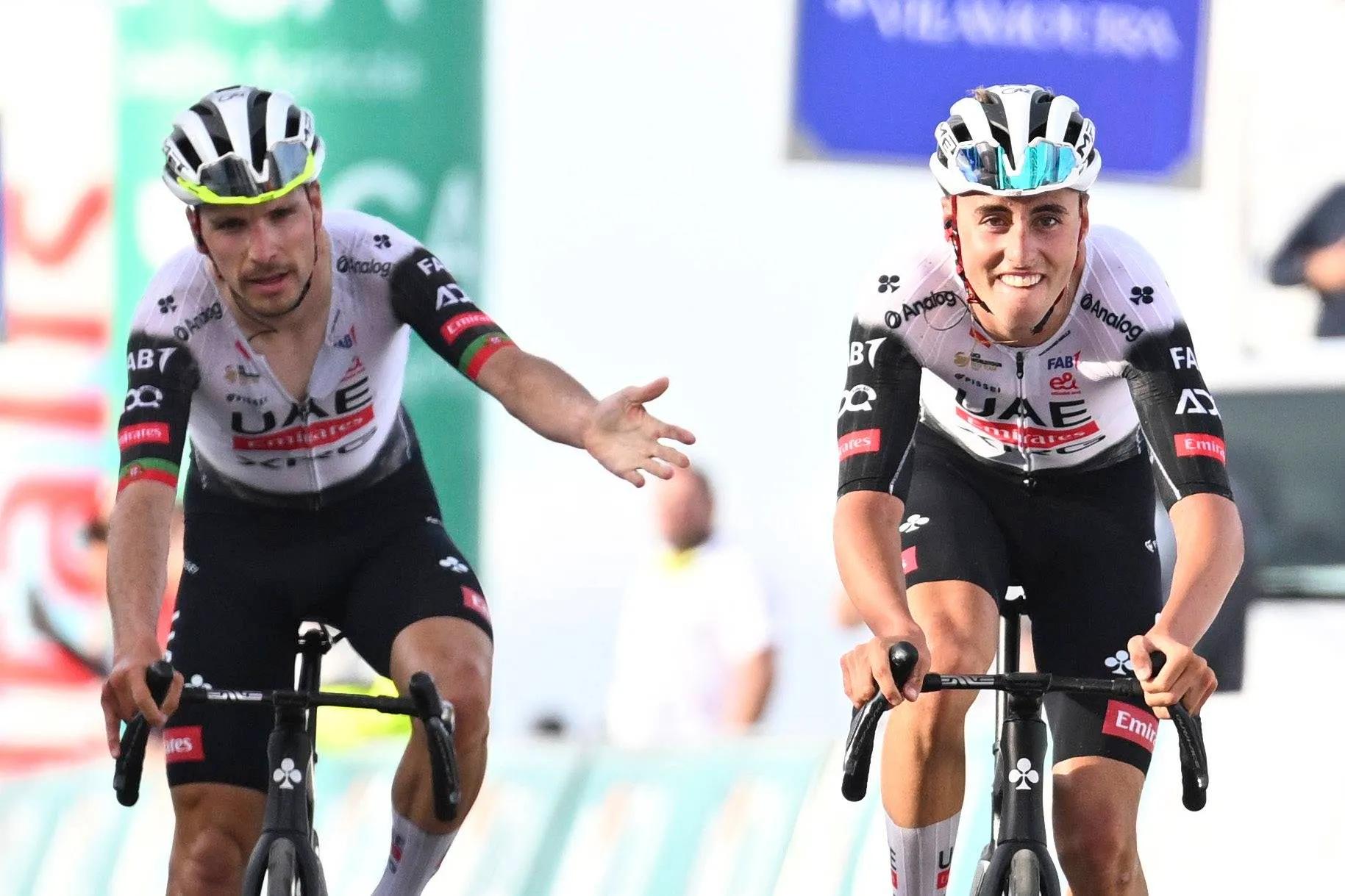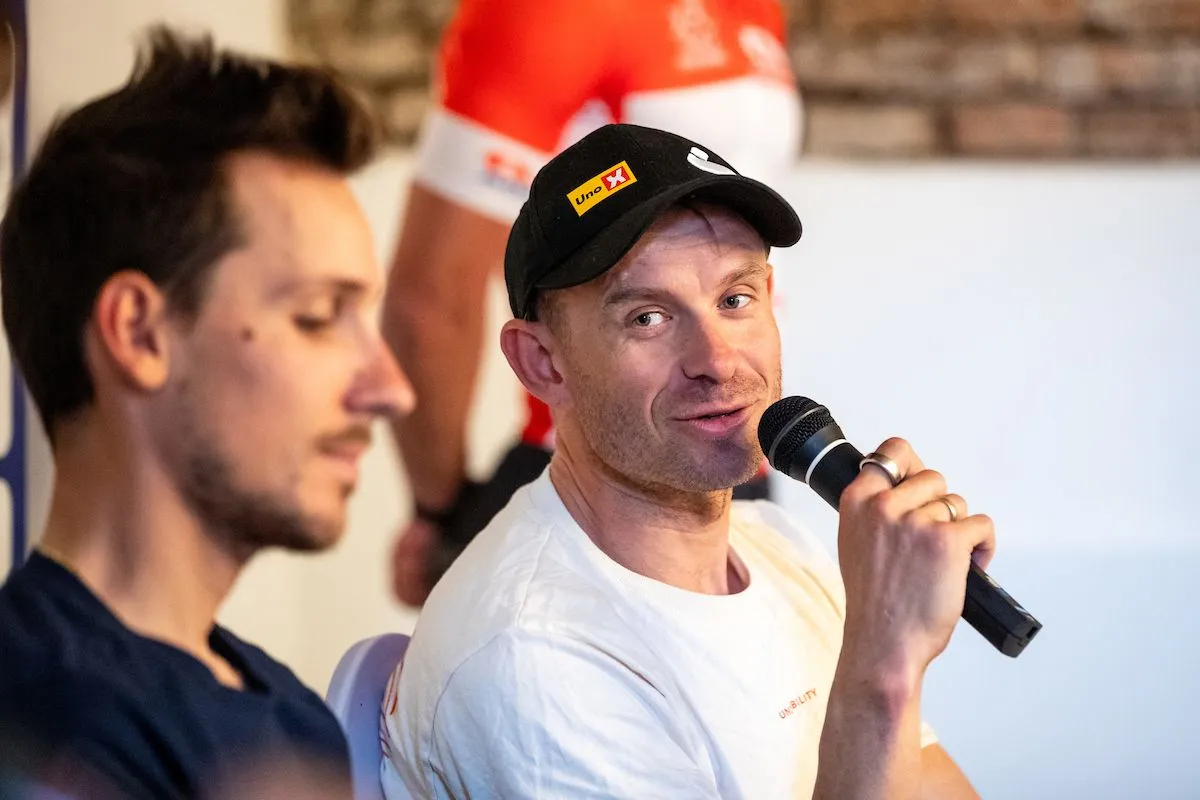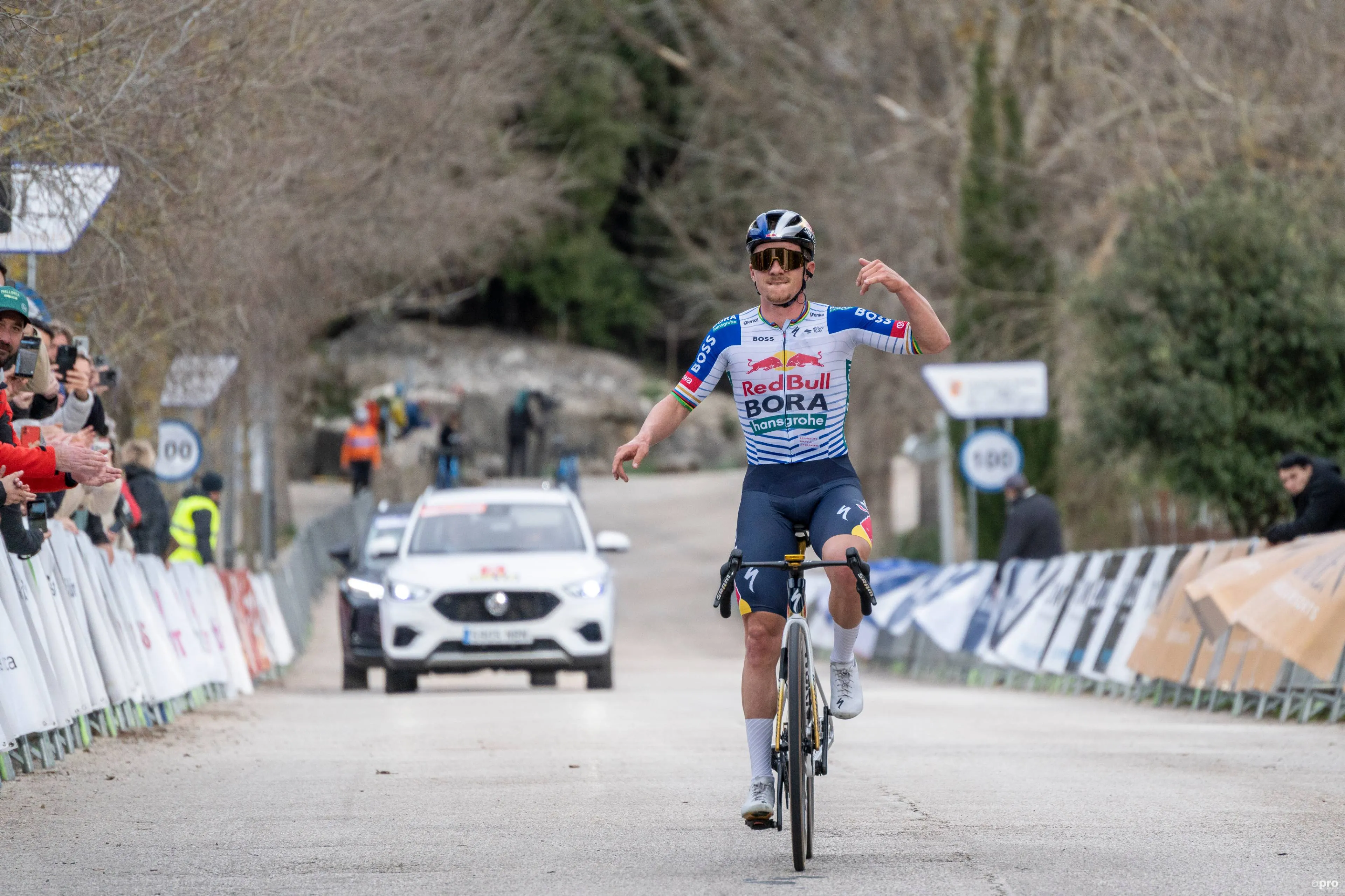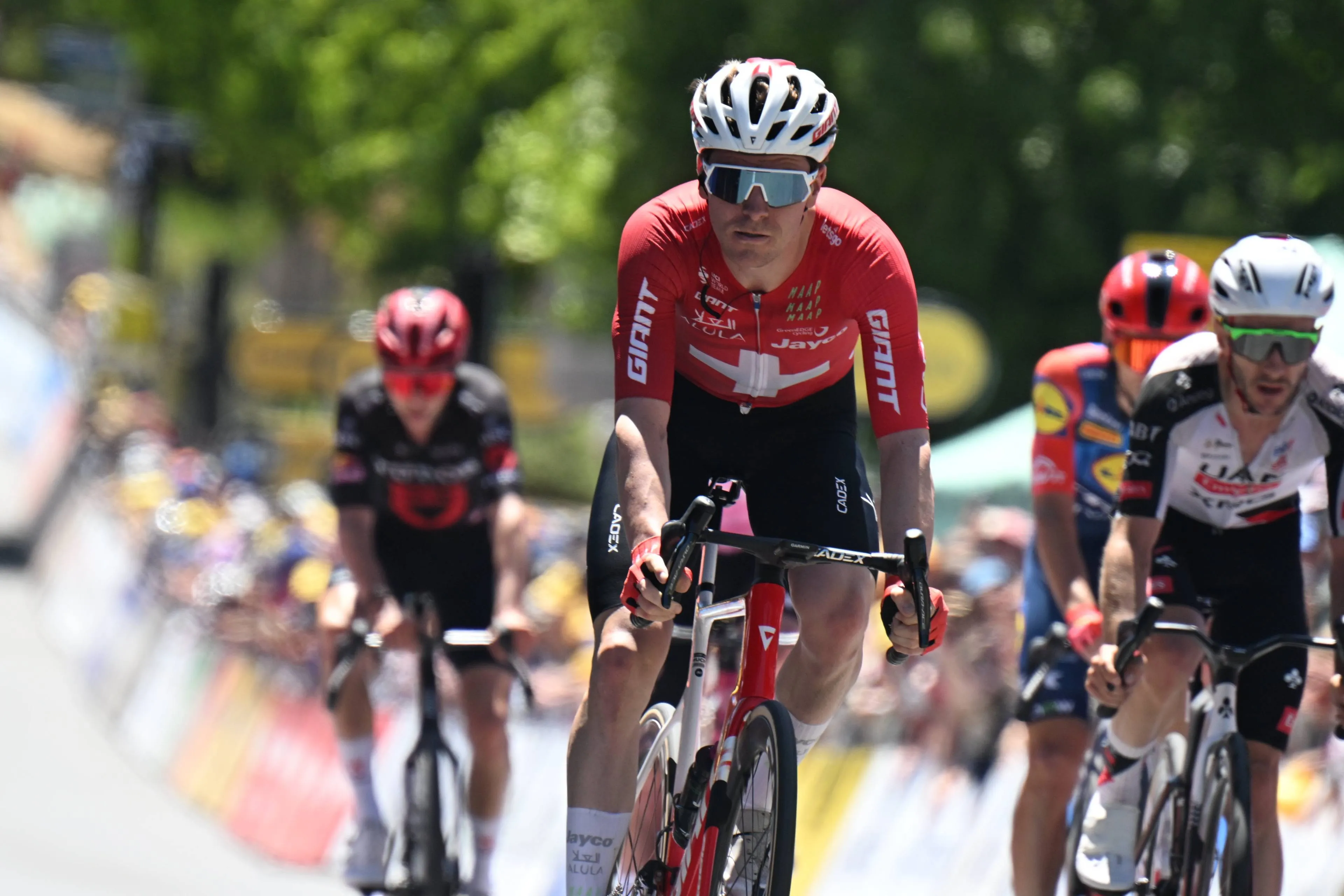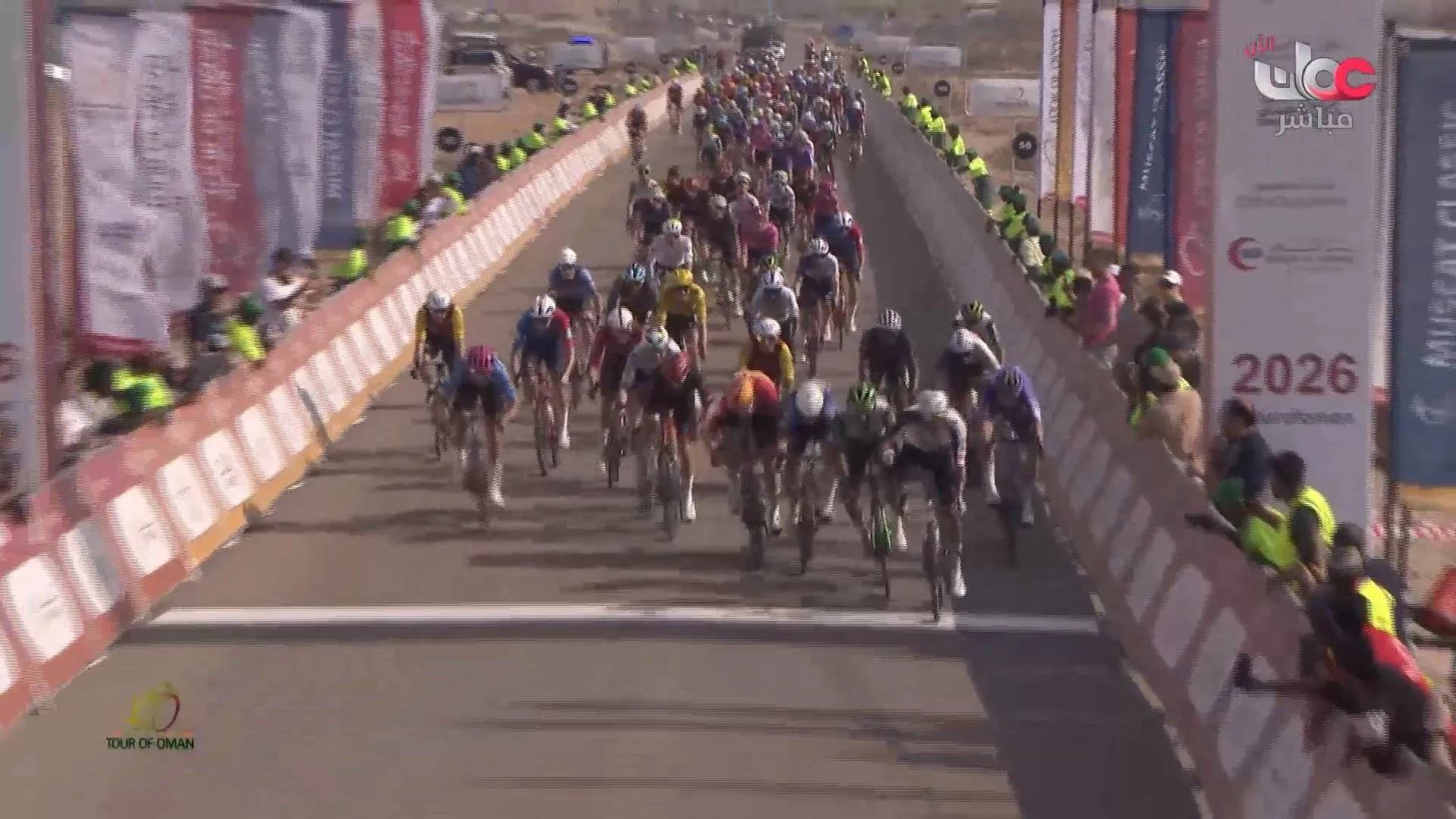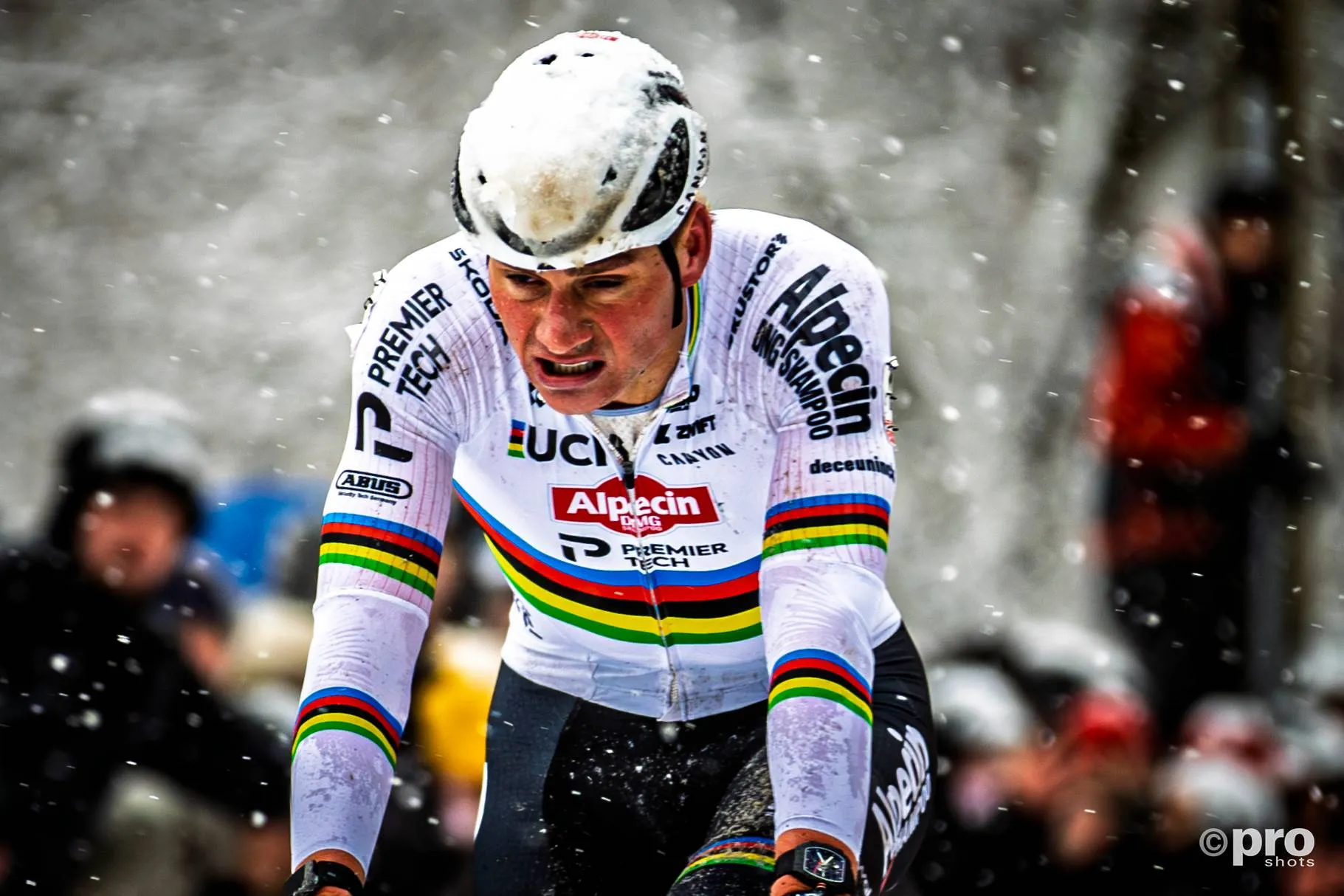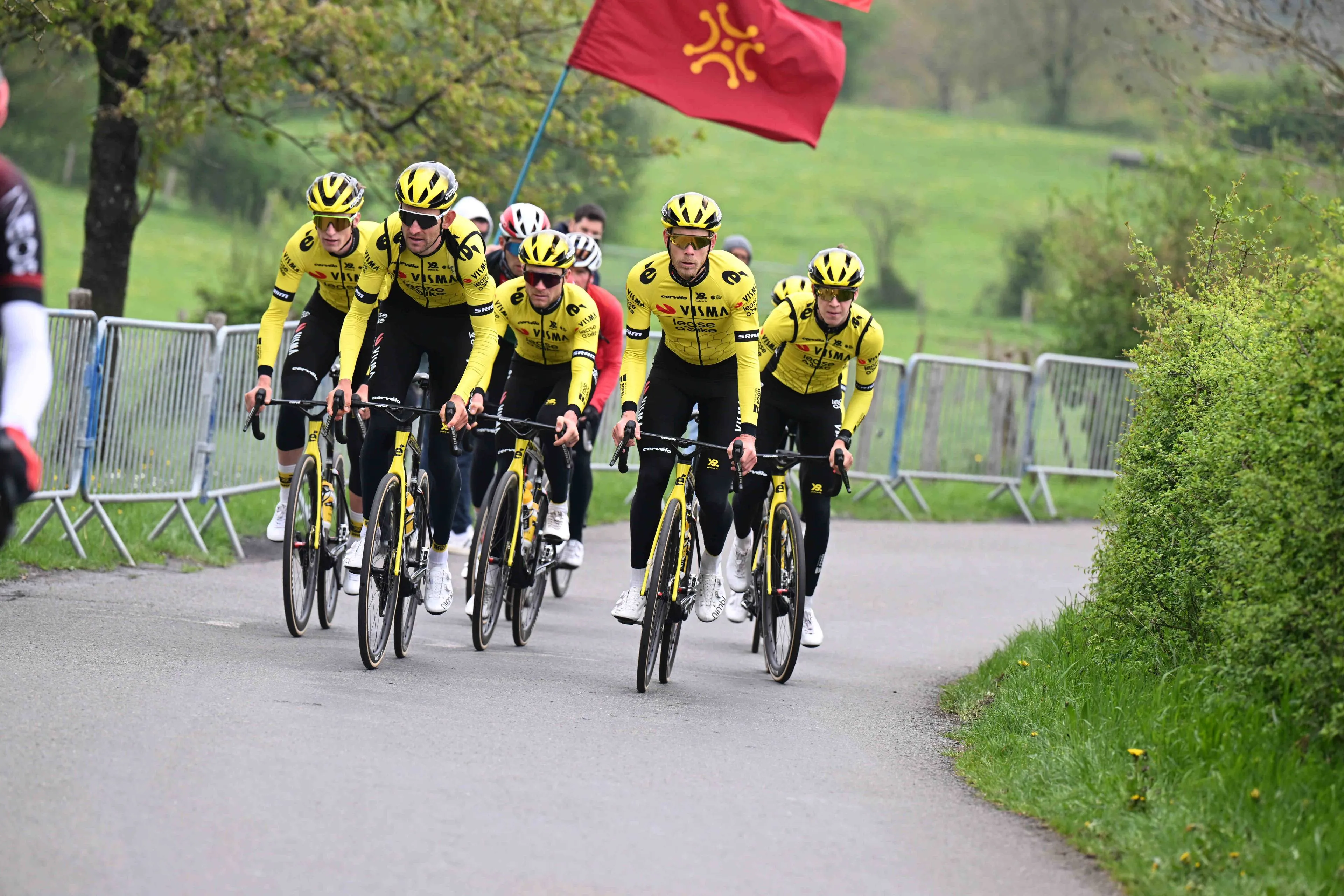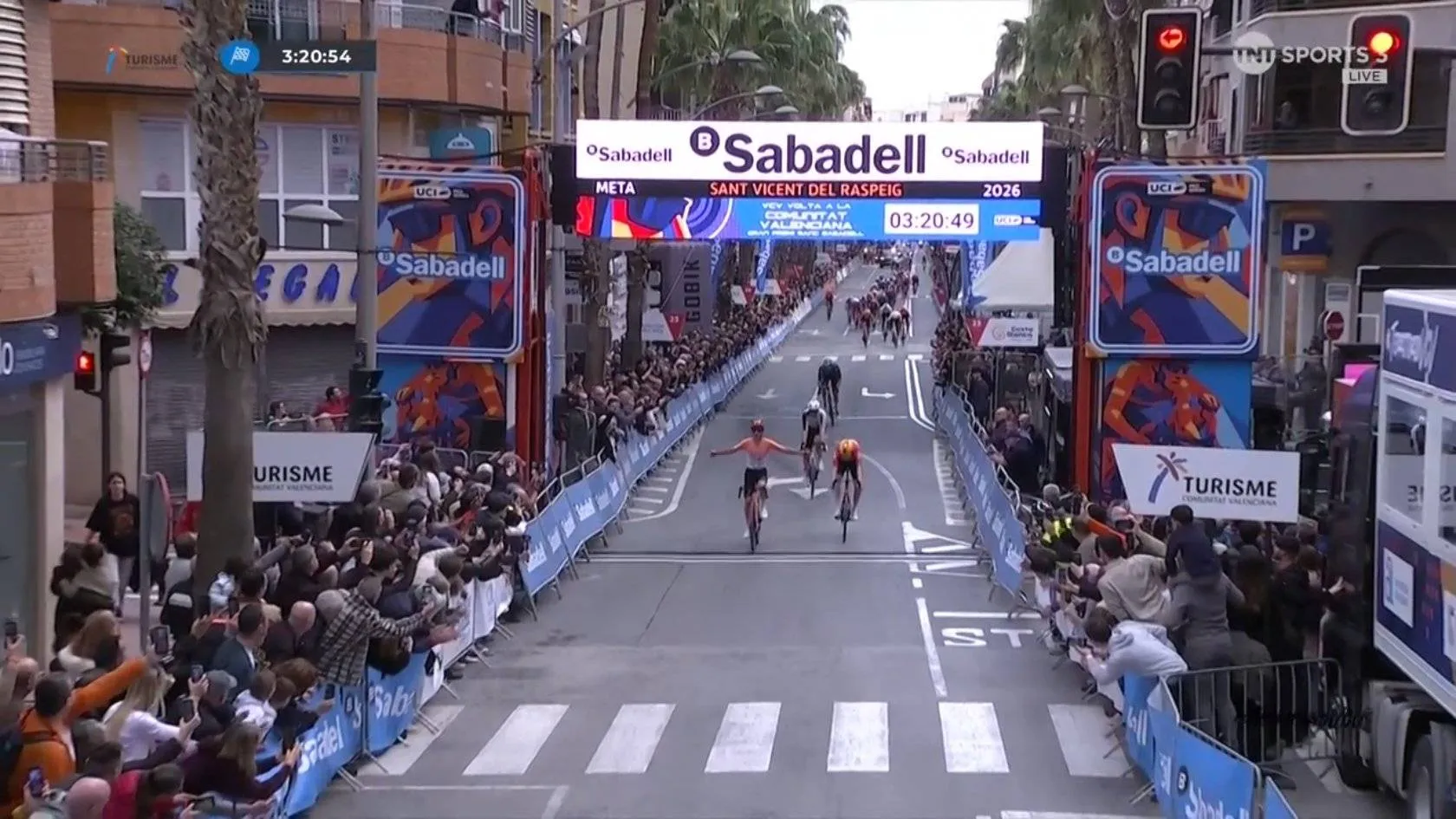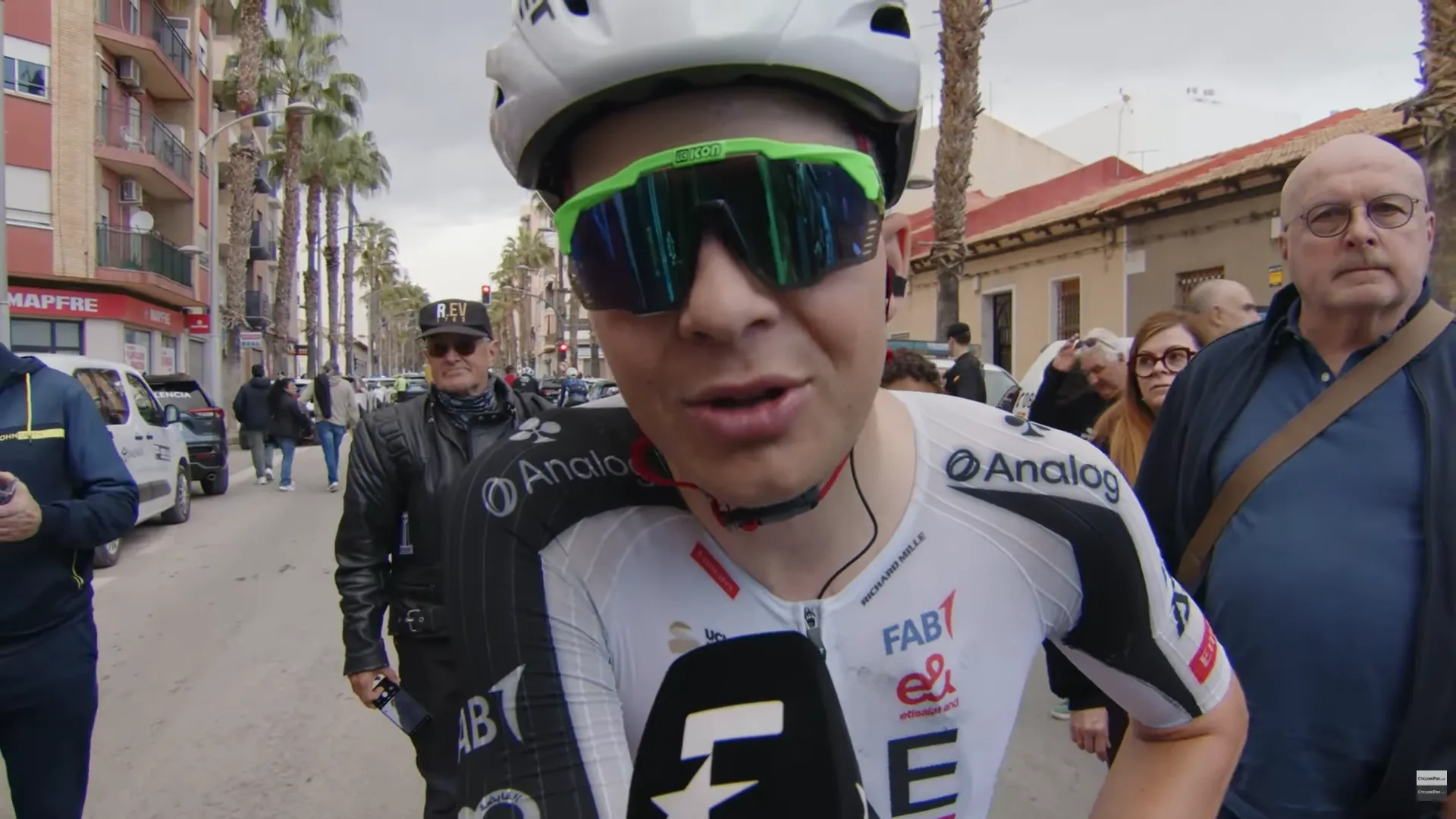
Eddy Merckx turns 80 this week, a
milestone for a man widely regarded as the greatest road cyclist of all time. Known
as “The Cannibal” for his incredible appetite for victory, the Belgian
dominated professional cycling in the 1960s and 1970s like no one before.
His career tally of 525 wins
includes an unequalled 11 Grand Tour titles, 19 Monument classic victories, and
three world championship wins, a palmarès that remains the gold standard in the
sport. As the cycling world celebrates Merckx’s 80th birthday, it’s a perfect
moment to look back at five of his most legendary moments on the road.
Read also
From epic mountain victories to cobbled
destruction, these episodes illustrate why Merckx’s legacy towers above all
others on two wheels. In this article, we revisit five defining road racing
moments of Eddy Merckx’s career. They span the arc of Merckx’s reign, from a
breakthrough in the Dolomites, to unprecedented dominance in the Tour de
France, to conquering the fiercest one day “Hell”, and finally to the ultimate
triple crown of cycling.
Together, these moments paint a
portrait of a champion whose competitive fire knew no limits. So, happy
birthday Eddy, and here are some of his greatest ever moments…
1968: Giro breakthrough
Halfway through the 1968 Giro
d’Italia, a 22-year-old Eddy Merckx announced himself as a Grand Tour force
with an extraordinary ride in the Dolomites. The stage was to Tre Cime di
Lavaredo, a towering trio of peaks, and Merckx, whilst a prodigious talent, was
viewed by some as a fast finisher lacking the stamina for a grand tour.
Read also
He shattered that notion on this
brutal mountain.
Launching an attack despite the
blizzard, Merckx methodically hunted down the breakaway riders one by one. Many
of the sport’s finest climbers were left struggling in his wake on the icy
slopes. At the summit finish, Merckx crossed the line alone, triumphant and
shivering from the cold. That day, Merckx decimated the GC men, and Felice
Gimondi finished over six minutes behind the Belgian, and in tears…
This was the spring board of
Merckx’s reign as the King of Cycling. He crushed his rivals in the most treacherous
of conditions, and then went on to win
the race with four stage wins too.
Read also
1969: First Tour de France win
If 1968 announced Merckx’s Grand
Tour potential, the 1969 Tour de France confirmed his absolute supremacy.
Riding his debut Tour, Merckx delivered one of the most dominant performances
in the race’s history. He seized the yellow jersey early and never relinquished
it, and won an incredible six stages on his way to victory.
The 17th stage was one
of the most important, and it included the Col du Tourmalet. Merckx summited
the infamous climb with over a 45 second lead, and eventually won the race by…
8 minutes.
Yes, you read that right, eight
whole minutes. What makes this Tour win even more impressive, is that Merckx
rode the rest of the edition with hypoglycaemia, showing that he was a warrior
as well as a pure winner.
Read also
1970: Conquering hell
Paris-Roubaix is always grim, but
in 1970 it was especially so. Heavy rain, and illness for Merckx, meant victory
seemed unlikely. But, in reality, it was never in doubt.
Merckx attacked with just over 30km
until the finish, and went on to win the race by nearly 5 and a half minutes. This
was the Belgian’s second time winning
the Hell of the North, and he went on to win it again in 1973. But his 1970 was
most special due to the fact his winning margin of 5 minutes and 21 seconds
remains to this day the largest winning margin at the race.
Read also
1973: Giro-Vuelta double
If it wasn’t for his 1974
campaign, his 1973 campaign would probably be his most memorable. In fact,
during a 19 day period, Merckx won four of the early season spring classics, including
the monuments in Liege and Paris-Roubaix.
That year, he targeted victory at
the Vuelta for the first time, and once again he won a whopping six stages on
his way to his sole Vuelta title. Let’s take this moment here to note an eery
similarity between Merckx and Tadej Pogacar, as Merckx seemed to win many grand
tours with a total of six stage wins, as Pogacar did at both the Giro and Tour
in 2024.
Read also
Back to Merckx and 1973, just
four days after the Vuelta the Belgian was at the start line of the Giro. So,
essentially Merckx did a six week grand tour with just four rest days in
between! Would the short lay off have any affects on Merckx? No!
In fact, Merckx lead the entire
race, becoming just the third man to win the Giro having lead the entire race.
1974: The Triple Crown
If one single season could
epitomize Merckx’s greatness, 1974 stands above the rest. In that year, Eddy
Merckx accomplished the coveted “Triple Crown” of cycling, winning the Giro
d’Italia, the Tour de France, and the UCI Road World Championship in the same
calendar year. Merckx’s 1974 campaign was the pinnacle of an already
illustrious career.
He began by claiming the Giro
d’Italia in the spring, adding yet another maglia rosa to his collection
despite suffering from pneumonia. Come July, he was at the Tour de France
starting line, hungry to regain the yellow jersey after not contesting the 1973
edition. Over three weeks, Merckx battled a new generation of rivals and
triumphed once more in Paris, earning his fifth Tour de France victory.
Read also
But Merckx wasn’t done. In late August, he
travelled to Montreal, Canada, for the World Championships road race, and there,
the Cannibal delivered one more masterclass. In a race of attrition, Merckx
powered into the decisive move and sprinted to the finish ahead of the world’s
best, earning the rainbow jersey for the third time in his career.
By winning cycling’s Triple Crown
in 1974, Merckx achieved what many consider the ultimate calendar-year
accomplishment in road cycling. Since Merckx achieved the feat in 1974, only
two other riders have gone on to do so, Roche (1987) and Pogacar (2024).
Each of these five moments
illuminates a different tale of Eddy Merckx’s greatness. Whether battling
blizzards in the high mountains, crushing the competition with unheard of
dominance in the Tour, taming the cobbled hell of Roubaix, sweeping up Grand
Tour titles at will, or conquering the world stage, Merckx displayed an
unwavering will to win and an ability to excel in every circumstance.
Read also
The fact it has taken 50 years
for us to even compare a rider to him (Tadej Pogacar) emphasises just how
special a rider Merckx was. In most other sports, a new GOAT comes around every
few generations, or there is at least a debate. In cycling, it has taken us
half a century to start the debate, and that is simply because Merckx set the
bar so high all those years ago.
What we mustn’t forget is that
Merckx was also a track specialist too! In fact, he was a three time European
track champion (two in Madison, one in the Omnium), which shows just how
talented the Belgian was with two wheels.
Merckx was a true professional
before anyone else, and that combined with his natural ability was what saw him
crush his competition. Before the modernised, super-scientific world or modern
cycling, Merckx was the King of a sport where the hardest, fastest, and most
mentally strong riders would come out on top. Whether Pogacar surpasses him or
not, we will never see another Eddy Merckx ever again.
claps 0visitors 0
Just in
Popular news
Latest comments
- Who knows, all we can say is whatever he’s decided it’s worked pretty well. Would it not be for a certain TP, he’d have one of the best GT palmares ever (even leaving Sepp his Vuelta to avoid hypotheticals).Mistermaumau07-02-2026
- I cannot understand what he is bitching about.It sounds like he is pissed off that he can't find a way to be relevant in races.We live in a time when a few riders dominate.The sport has evolved that way through training and nutritional advances and some are more adaptive than others.Whats new?
 Brucegel07-02-2026
Brucegel07-02-2026 - We maybe but riders in the peleton remember stuff lime this better and will think twice about letting him tag along again.Mistermaumau07-02-2026
- Maybe not this year but at some point, he won’t be able to resist like Jonas can, it’s in his nature to try.Mistermaumau07-02-2026
- This is true, we are lucky to be living this age and witnessing so many talents.Mistermaumau07-02-2026
- Yes, hence why so many contemplate “accidents” to murder someone. Luckily, insurance companies are quite good at noticing suspicious links between victims and perpetrators when it comes to avoiding pay-outs. In this day and age of constant filming of everything, it’s inacceptable you still cannot use footage of this kind of incident to legally pursue someone, for sure that would calm a large proportion of people who obviously feel untouchable in their protected bubble.Mistermaumau07-02-2026
- I guess we’ll just have to live with athletes willing to be paid by dubious nation states, betting, UPC (ultra processed crap), big petro,:pharma, betting and maybe one day data, coz very little else that isn’t banned has large enough margins to cover the ever growing salaries and costs.Mistermaumau07-02-2026
- Most interesting in this is that rival teams are so casual about discussing/comparing/revealing stuff. Bet this doesn’t happen in F1. Training wise, every type of training helps and riders/teams would be silly to focus on just one which will bring anyone to 80% of their potential. Unfortunately, though another 10-15% will be achieved with a teams’ training set-up, that last 5% will always be rider specific according to what they are most lacking and works best for them, also mentally. In any case, the type of training that will help your background level most is the type you’re not doing much or for the discipline you’re least good at. You won’t get great individual from everyone with a rigid group method, if you want to simplify your work by sticking to that, you have to select only riders who react best to the same methods.Mistermaumau07-02-2026
- this team has always been trash.mij07-02-2026
- Last year Jonas kept officially extending the time he was spending recovering from his early-season concussion until it emerged that he was spending a lot of that time training at camps. Perhaps later he will explain his reasons for pulling out more clearly, but prefers not to say it all right now.Hills3307-02-2026
Loading
Write a comment
